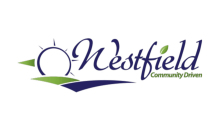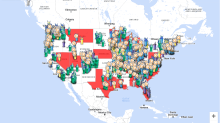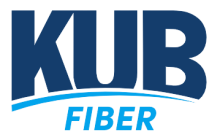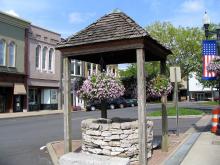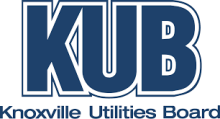Municipal Broadband Provider Whip City Fiber Serves Up Win “For Everybody”
With Big Telecom’s assault-on-competition campaign as loud (and misleading) as ever, a small municipal broadband utility in Massachusetts is quietly showcasing one of the many reasons why building publicly-owned, locally controlled broadband infrastructure is gaining in popularity, racking up awards, and earning high subscriber satisfaction rates in communities across the nation.
With an eye on keeping local dollars close to home for community investments, last week the Westfield City Council voted to approve an $11.1 million bond for a new athletic track and field at the local high school, thanks to the success of Westfield Gas & Electric’s broadband subsidiary Whip City Fiber. And though the return on investment may not be as eye-popping as the $2.7 billion Chattanooga's municipal network, EPB Fiber, has reaped in Tennessee, Westfield officials hailed the community investment as a “huge moment” for local residents.


